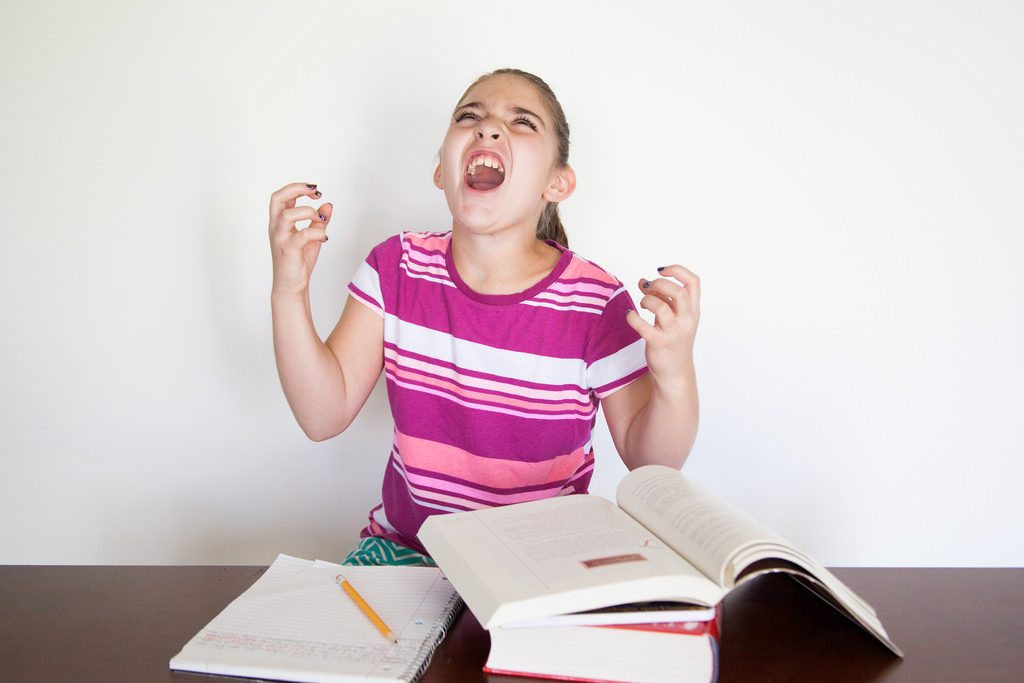It worries every parent knowing that his or her child might be suffering from a mental health condition called Attention Deficit Hyperactivity Disorder or better known as ADHD. It is a chronic disorder that can impact a lot of aspects of a person’s life.

“When people think about attention deficit disorder (ADHD), they usually consider it a childhood problem. However, a large proportion — between 30 and 70 percent — of children with the condition remain affected throughout adulthood.” Ben Martin, Psy.D said. The significant symptoms are consisting of hyperactivity, impulsiveness, and inattention which are customary for any child experience. Though the symptoms sometimes vary and possibly hard to recognize, numerous evaluations and criteria can be useful in determining such cases.
Trouble Paying Attention – Keeping track of tasks and some activities are stressful to a child with ADHD. They quickly get distracted and find it hard to prioritize a single assignment. They have problems listening to a topic, and they daydream a lot which can include unrelated thoughts. “The very nature of ADHD implies that the child will have difficulty with self-control, paying attention, listening to instructions at home and school, and following directions.” Kara Tamanini, M.S., LMHC adds.
Always Hyperactive – Children with ADHD can’t sit in one position for a very long time. They tend to move, squirm, fidget, and run around where it is inappropriate. They are extremely restless. They dislike quiet activities such as reading and listening to music.
Impulsive – Aside from talking excessively, children with ADHD have trouble waiting for their turn. They always make an interruption while someone is talking and it has become part of their habit to butt into conversations or answer incomplete questions. They have this attitude of using other people’s stuff without even asking for permission
Emotional Uproar – ADHD on a child’s emotion creates a temper tantrum. It can cause the child to outburst in such anger yet in an appropriate time and situation. Jasmin Jourdenais LMFT also added that “The outbursts are becoming not only more frequent but maybe also scary.” They are mostly out of control. They get upset and angry most of the time even on small details.

Unable To Finish A Task – A child with ADHD can show interest in a lot of things. They can start working on a couple of projects, homework, chores, activities, but they won’t be able to finish it. They always want to change their concentration and work on the things that are entirely new to them.
Reluctant On Mental Effort – A sustained mental effort is a problem for children with ADHD. They tend to avoid the use of critical thinking. They frequently make impulsive decisions and change their preference from time to time.
Incapable Of Following Instructions – Kids with ADHD quickly lose focus and often make careless mistakes at home and inaccurate work at school. Though this doesn’t imply laziness, they have problems in sustaining attention.
Emotionally Immature – Most children with ADHD have problems connecting with other kids their age. They often feel different and want to isolate themselves from others because it’s as if they don’t fit in. They are unable to recognize other people’s needs.
The early stages of ADHD can somehow enlighten ways on how to determine the symptoms. Though it still requires a lot of test and diagnosis, it has a high rate of co-existing mental health conditions that affect children at a very young age. It can have an adverse long-term effect that can impact a person’s life, so treatments are necessary to lessen the state at least.